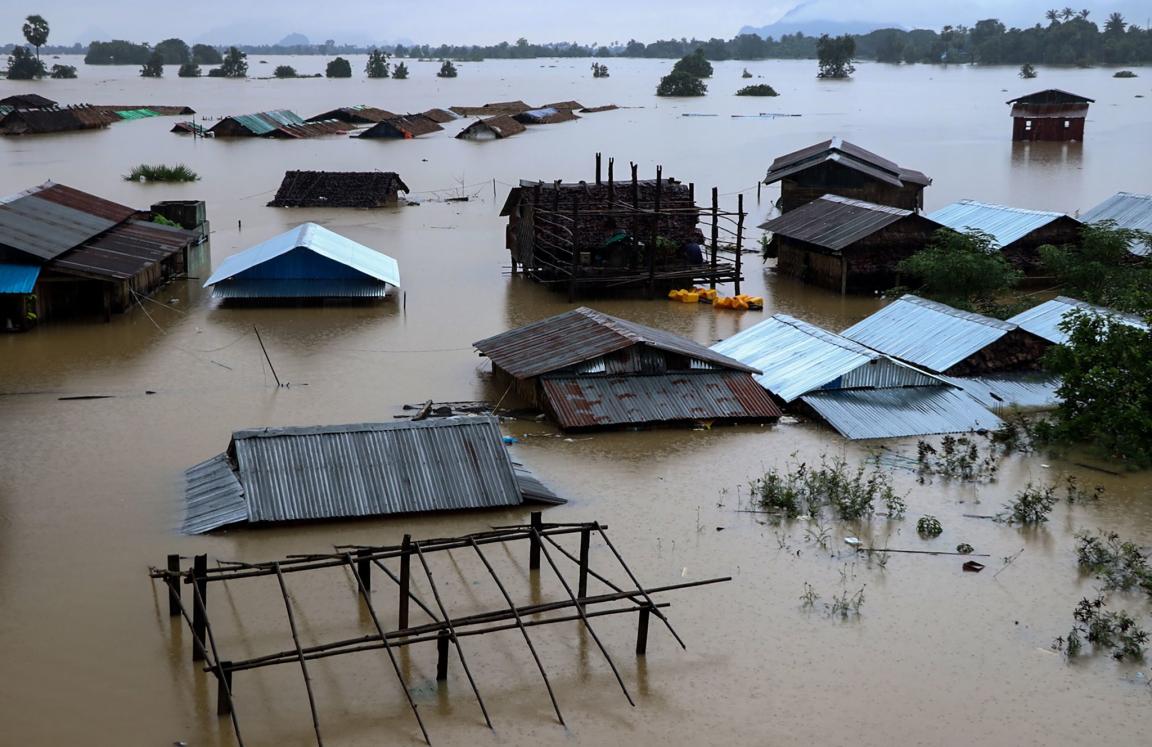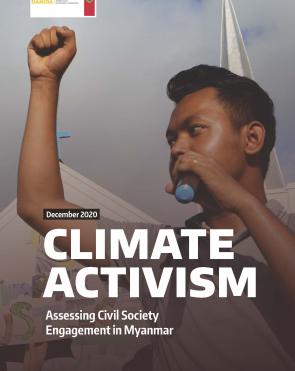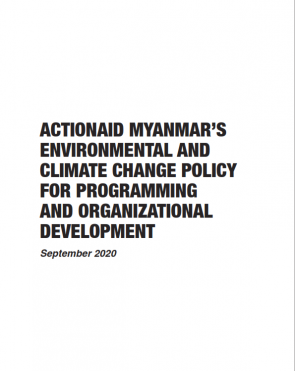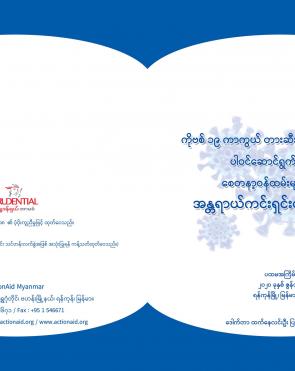
Resilience
For ActionAid, resilience is understood as the ability for vulnerable marginalised people to withstand shocks and cope with crises. Effective responses depend on stakeholders’ capacities to absorb shocks and adapt livelihood and coping strategies, and to transform the often-inequitable power relationships which structure vulnerability and marginalisation.
Sustainable and resilient agriculture: Many of Myanmar’s people live in rural areas and rely on farming, thus AAM prioritise making agricultural livelihood sustainable and resilient from climate induced disasters, including flood, drought, and loss of biodiversity. This requires us to focus on promoting and ensuring climate resilience, sustainable and agro-ecological farming approaches. We also explore the feasibility of urban farming to promote greening of the city and organic consumption as a part of our urban programmes.
Natural commons: AAM works on natural commons (particularly natural resources such as communal land, water bodies, and forest biodiversity) in terms of protection, development, community ownership, use and access. Campaigning and advocacy are carried out against the privatization, wrongful appropriation, and pollution of natural commons. Myanmar has an unstable governance context where the ownership of natural commons is often at the heart of ethnic claims and fuel conflicts with the military.
Disaster and conflict vulnerability reduction and resilience: Our focus is on earthquake, climate change hazards (flood and drought) risk reduction and building community resilience both in the urban and rural areas where we work. We ensure that all our other work is disaster risk sensitive and responsive. We advocate for inclusive, decentralized and adequately resourced disaster risk reduction policies that build community resilience. We seek to understand the complexity of conflict in the areas where we work, and to strengthen our capacity and methods to expand and deepen our engagement to reduce the vulnerability of women and children in disasters caused by conflict where, poor, marginalised and excluded communities are most affected.


